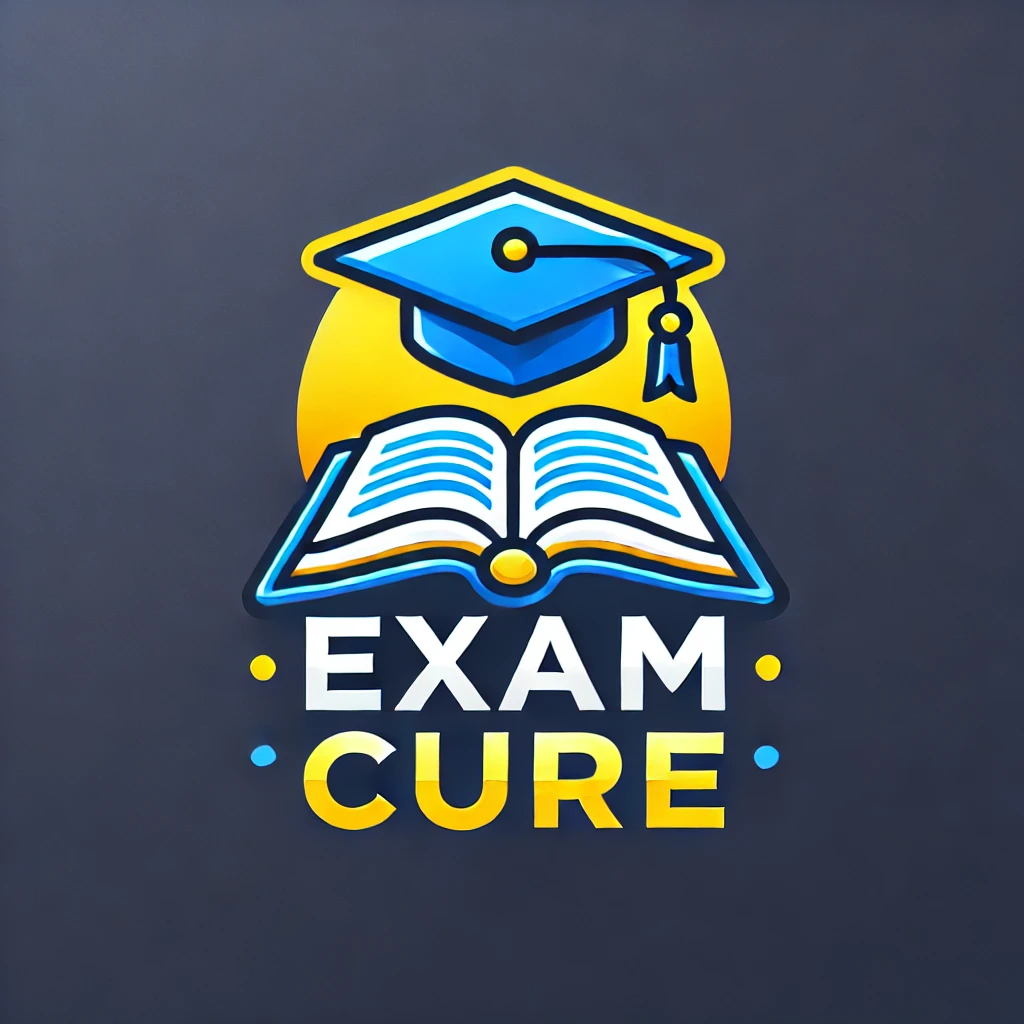Internal Medicine is the backbone of clinical medicine in every healthcare system — and passing the Internal Medicine Prometric Exam is a crucial milestone for doctors aiming to work in the Gulf region.
Whether you're applying for DHA (Dubai), MOH (UAE), DOH (Abu Dhabi), SCFHS (Saudi Arabia), or QCHP (Qatar), the Internal Medicine component is often considered the most challenging — not just because of the breadth of knowledge, but because it tests real clinical thinking.
In this guide, we’ll walk you through:
The 2025 updated exam blueprint
A proven 10-week study strategy
The top resources to prepare with confidence
Free sample MCQs
And insider tips from physicians who passed on the first attempt.
🎁 Don’t miss: [📥 Download 25 Free Internal Medicine MCQs PDF]
This exam is essential for:
Specialist physicians in Internal Medicine seeking Gulf licensure
General Practitioners with a strong IM base (especially for SCFHS or DHA)
Physicians applying for Specialist or Consultant roles in public or private hospitals
International doctors with MRCP, MD, or equivalent degrees needing validation in the UAE, KSA, Qatar, or Oman
Even if you're already experienced, passing this exam requires mastering clinical vignettes, lab interpretation, updated guidelines, and Gulf-specific licensing standards.
Each licensing body (DHA, MOH, SCFHS, QCHP, DOH) has a slightly different format, but the topic distribution is generally consistent.
Topic Area Approx. Weight (%)
Cardiovascular 15%
Respiratory (Pulmonology) 10%
Gastroenterology & Liver 10%
Nephrology & Electrolytes 10%
Infectious Diseases 10%
Endocrinology & Diabetes 8%
Hematology / Oncology 7%
Rheumatology & Immunology 5%
Neurology 5%
ICU / Emergency / Toxicology 5%
Miscellaneous & Ethics 15%
💡 Source: DHA, SCFHS, QCHP exam reports + recall feedback from 2024–2025 candidates
Here’s a realistic 10-week study plan to follow, assuming you're working or studying part-time.
✅ Week 1 – Cardiovascular
Topics: ACS, arrhythmias, CHF, murmurs, hypertension
MCQs: 100+
Visual Aid: ECG patterns + heart sounds
✅ Week 2 – Pulmonary
Topics: COPD, asthma, ILD, TB, lung cancer, ABG
Focus: Chest X-ray interpretation + ABG analysis
✅ Week 3 – Gastroenterology
Topics: PUD, IBD, GI bleeding, hepatitis, pancreatitis
Tools: LFT patterns, endoscopy images
✅ Week 4 – Nephrology
Topics: AKI, CKD, electrolytes, nephrotic syndrome, dialysis
Practice: Sodium/K+ disorders + urine tests
✅ Week 5 – Infectious Diseases
Topics: COVID-19, HIV, TB, sepsis, travel-related illnesses
Practice: Fever + rash, antibiotics selection
✅ Week 6 – Endocrinology
Topics: Diabetes, thyroid, adrenal, pituitary, osteoporosis
Tools: Lab values, imaging of endocrine tumors
✅ Week 7 – Hematology & Oncology
Topics: Anemia, leukemias, clotting disorders, cancer workups
Practice: Blood smears, tumor markers
✅ Week 8 – Rheumatology + Neurology
Topics: RA, lupus, vasculitis, stroke, seizures
MCQs: Pattern recognition, red flags
✅ Week 9 – ICU + Ethics + Toxicology
Topics: Shock types, ventilation basics, DNR, medical ethics
High-Yield: Scenarios on decision-making, consent
✅ Week 10 – Mock Exams + Revision
3–4 full-length tests (100–150 questions each)
Review incorrect answers in depth
Join a Telegram peer group for accountability
🎯 Use ExamCure's Internal Medicine QBank with 2000+ board-style MCQs and explanations aligned to this weekly plan.
Free Resources:
ExamCure Blog & PDF MCQs
NICE Guidelines (UK)
ECG interpretation tools (Geeky Medics)
Osmosis & Amboss videos (for concepts)
Paid/Recommended:
ExamCure Internal Medicine QBank – 500+ high-yield MCQs + practice tests
UptoDate (for cross-checking answers)
MKSAP (for advanced users)
🧠 Tip: Don’t memorize – simulate real cases. Prometric exams reward clinical reasoning.
Relying only on recall questions
➤ Exams test scenarios, not just memory.
Skipping minor but high-yield areas
➤ Like ethics, critical care, or hyponatremia.
Over-preparing theory, under-practicing MCQs
➤ 70% of your time should be solving and reviewing explanations.
Ignoring time management
➤ Practice mock tests with a timer every weekend.
Using old blueprints
➤ 2025 updates include more emergency & ethical scenarios.
❓ Question 1:
A 60-year-old male presents with shortness of breath and bilateral leg swelling. BP is 95/60 mmHg, HR 110 bpm, JVP is raised, and an S3 gallop is heard. CXR shows pulmonary edema.
What is the most appropriate initial management?
A. Furosemide IV
B. Metoprolol PO
C. Enalapril
D. Spironolactone
E. Carvedilol
✅ Correct Answer: A. Furosemide IV
Explanation: This is acute decompensated heart failure with volume overload. IV loop diuretics are first-line for rapid relief. Beta-blockers are contraindicated initially.
❓ Question 2:
A 28-year-old woman presents with heat intolerance, tremor, weight loss, and palpitations. TSH is low, and free T4 is elevated. She has proptosis and lid lag.
What’s the most likely diagnosis?
A. Toxic multinodular goiter
B. Subacute thyroiditis
C. Graves’ disease
D. Thyroid storm
E. Pituitary adenoma
✅ Correct Answer: C. Graves’ disease
Explanation: Proptosis and lid lag suggest Graves’. Other options lack these autoimmune eye features.
📥 [Download Full Set – 25 Free Internal Medicine MCQs PDF]
Internal Medicine is deep, demanding, and incredibly rewarding — and you don’t have to face it alone.
With Exam Cure’s specialized resources, you get:
500+ case-based MCQs
Weekly Telegram reminders
Full mock tests with explanations
Visual notes & crash cards
Access until you pass
Or download the free PDF to begin:
[📥 Get Free Internal Medicine MCQs PDF]
Internal Medicine Course Page
Free MCQ Bank
DHA Dataflow Guide
Blog: “DHA Licensing Steps”
Blog: “Common GP Exam Mistakes”

